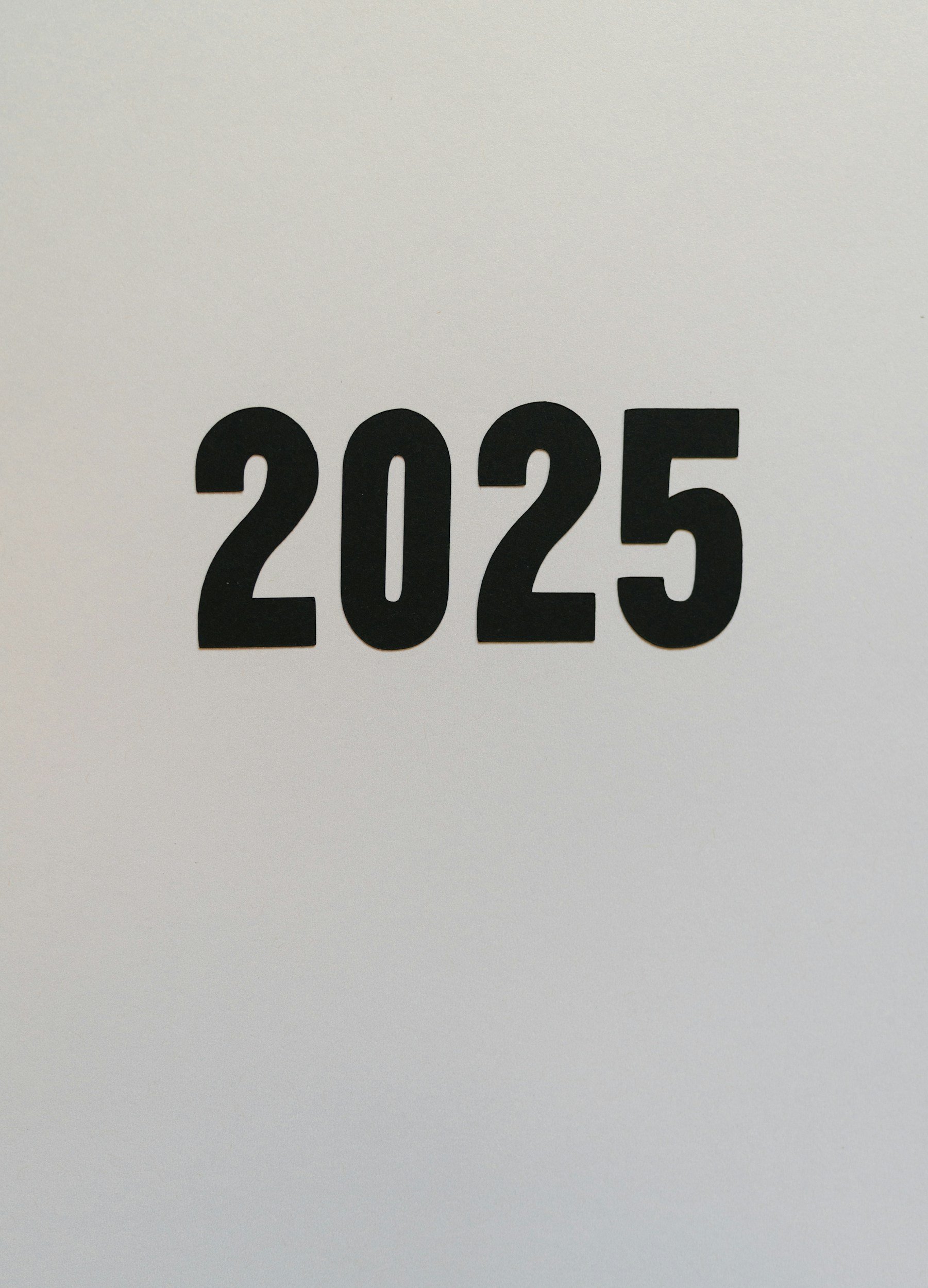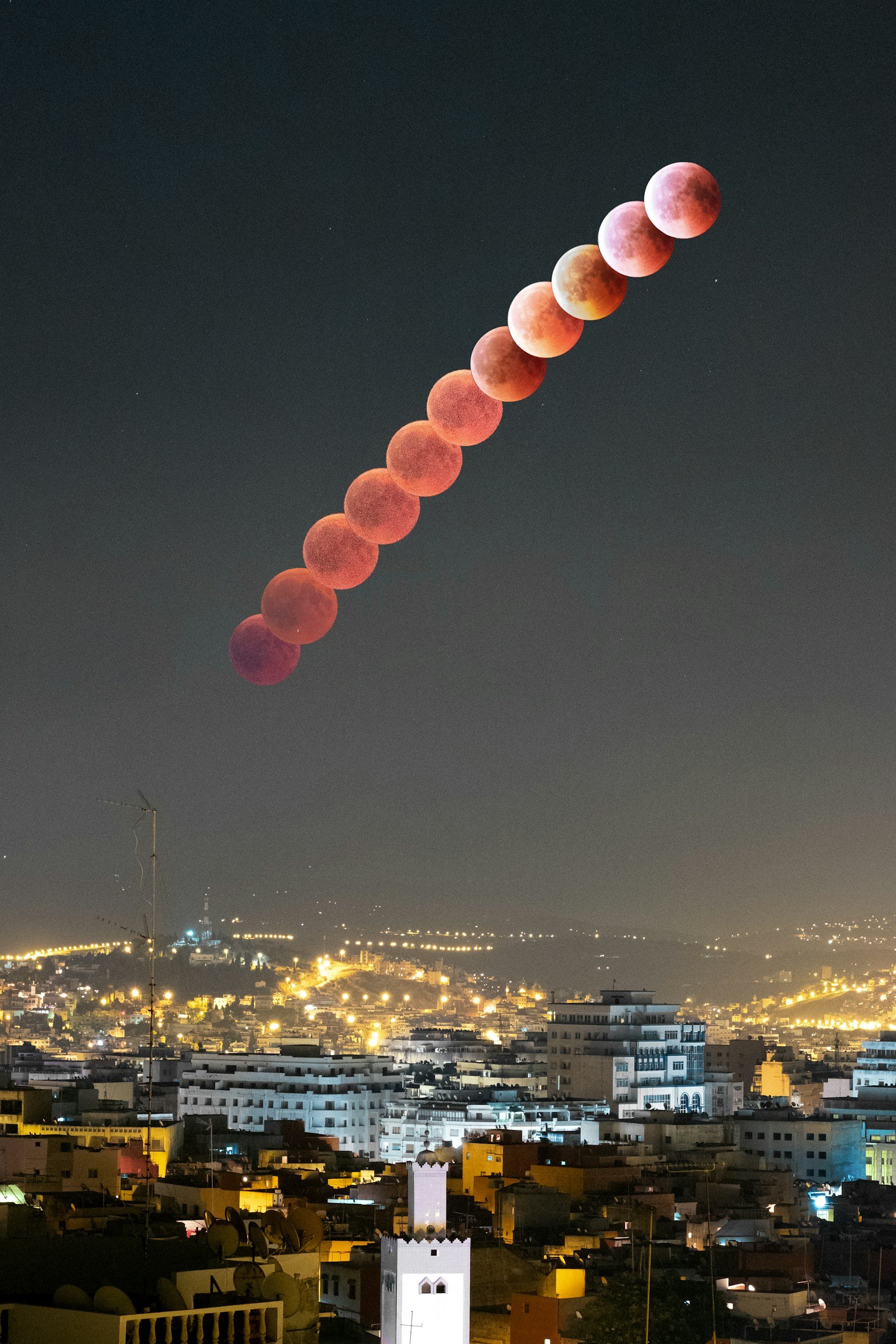Ògụ́àfọ̀ Ị̀gbò: The 13 Moons In Igbo Cosmology & Their Significance In Odinani
In Igbo cosmology, the lunar calendar is divided into 13 moons, each with its unique significance and energy. These moons guide the spiritual and communal life of indigenous Igbo people, connecting them to their ancestors, the elements, and the divine forces that govern the universe. In this post we will highlight the significance of the first to thirteenth months in the Igbo lunar calendar, exploring their spiritual and cultural importance, as well as the numerology associated with each month.
What is the Igbo Lunar Calendar?
The Igbo calendar is based on lunar events and activities, which have been effective since time immemorial. The calendar gives Igbo people a unique way of reckoning time, as opposed to the linear dimension of Euro-American time under the Gregorian Calendar which only went into effect as of October 1582 following an order issued by Pope Gregory XIII.
The Igbo lunar calendar, known as Ògụ́àfọ̀ or Ògụ́àrọ̀ Ị̀gbò, is based on the cycle of the moon (Ọnwá), where each complete cycle makes up a month. Each moon consists of at least twenty-eight (28) days, and a total of thirteen (13) moons which make a complete year (Aro).
In Igbo cosmology, the 13 moons serve as the foundation of the lunar calendar. However, it’s important to note that the titles of the moons which we will highlight in this post, originate from the Nri traditional system. They may vary across various Igbo communities, reflecting other local dialects and reverential titles. This difference in the names and titles which one may come across in Igbo land underscores the diverse cultural and spiritual contexts that exist in Igbo societies. Regardless in every Igbo community, each new moon marks a new season and an opportunity for reflection, and veneration rituals to the relevant energies.
It is important to also note that not all Igbo communities observe the same festivities during each moon, as each group adheres to their own Omenana, or traditional cultural beliefs, which may differ from those of neighboring communities. Igbo n'asu n'onu n'onu, mana anyi bu ofu: Igbos might speak in different tongues or dialects but we are one people. Igbo bu ihe a na-eme eme: ‘Igbo’ is a lived experience, beyond being an identity it is all about action.
13 Moons in Igbo Lunar Calendar & Their Cosmic Significances:
Ọnwa Mbụ: The first month of the Igbo lunar year, Ọnwa Mbụ, is a period for deep reflection on one's essence and connection to cosmic intelligence, Nne-Atu or Atu-Nne-Nwanyi-Chukwu. This time is marked by a re-alignment with the creative and transformative powers of the universe. It is traditionally a period when Dibias (priests) offer sacrifices, such as cows, to Ala/Ani/Ana, the Earth goddess, seeking her blessings for land purification and a prosperous harvest as the community begins planting seed yams and other vital crops. The purpose of the sacrifices is also to usher in the new year, chase away misfortune or blockages and seek the blessings of cosmic forces on the affairs of everyone. The number one symbolizes new beginnings, unity, and the potential to manifest our thoughts into reality.
Ọnwa Abụo: The Second Month, Ọnwa Abụo, invites us to reflect on the principle of duality, acknowledging the connection between of the spiritual and physical realms, as children of the divine masculine and feminine (Umu Chi na Eke). This month is a call to action, encouraging movement from introspection to tangible steps toward achieving personal and communal goals. The number two underscores the theme of partnership, balance, and the dynamic interplay between both seen and unseen forces. Ife kwulu ife akwudebe ya!
Ọnwa Ife Eke: The third moon, Ọnwa Ife Eke, focuses on the energies of Ikenga—willpower and strength. It reverences the cosmic light (Eke) and vital life force (Anwu Anwu) that sustain our world. This is a month to reflect on the Igbo source of creativity and action, the force that enables each person to execute all they have set their heart on. This is a time for energizing creative endeavors and reinforcing the resolve to accomplish set objectives. The number three represents creativity, communication, and the integration of mind, body, and spirit, to guide us all to activate our inner life force to achieve harmony and balance within our respective lives.
Ọnwa Anọ: The fourth month, Ọnwa Anọ, embodies the foundational principles of Igbo cosmology. It is a reminder that the four market days (Eke, Orie, Afo, Nkwo) and the four elements (Fire, Water, Earth, Air), work together to create the essence of existence and nourish human life. The number four signifies stability, foundation, and balance. It reflects the Igbo worldview of interconnectedness and the harmony required to sustain life. It serves as a time to reflect on those things that form the foundational basis of our lives.
Ọnwa Agwu: This is a time for active veneration and spiritual (re)awakening. The fifth month is dedicated to Agwu, the spirit of divination and spiritual insight. This period is marked by rituals and festivities to honor Nne Chukwu, the Mother of the Universe, and Nne Agwu the bestower of all spiritual gifts. The number five stands for ISE, it symbolizes manifestation, change, freedom, and the activation of inner power. It is a time to awaken spiritual gifts and connect deeply with the divine (feminine) energy that impacts all forms of spiritual power. This month is also a good time for masquerade initiations, intiations into communal secret societies, and ilu agwu rites, emphasizing spiritual transformation and enlightenment.
Ọnwa Ifejiọkụ: This is a time for celebration of the harvest, in all forms. The sixth month, Ọnwa Ifejiọkụ, is a time of thanksgiving and celebration for harvest. It is dedicated to Ifejiọkụ, the deity of yams, agriculture, and profitable yields. The number six represents harmony, balance, and nurturing. This month is significant for offering gratitude to the earth and the spirits for their blessings, ensuring continued prosperity and abundance.
Ọnwa Alọm Chi: This is a time for honoring the Ancestors and life force in all things. In the seventh month, the focus shifts to veneration of one's Chi (personal life force) and honoring the ancestors. Ọnwa Alọm Chi is a time for reflection on one's origins and spiritual journey. The number seven is associated with introspection, spiritual awakening, and enlightenment. Offerings are made to the ancestors and spiritual guides, acknowledging their guidance and support in the physical and spiritual realms.
Ọnwa Ilo Mmụọ: A time for deep learning and understanding. The eighth month, Ọnwa Ilo Mmụọ, is a period for deep learning and gaining deep insights. The number eight symbolizes infinity, balance, prosperity in all aspects, and cosmic order. It is a time to remember who you are and reawaken your spiritual path. A time to reflect on the things that make us propserous. This month is a time to also reflect on those things that affect us internally (spirtually) and how they consequently influence our external realities.
Ọnwa Ana / Ani: This is a time to prioritize connection to the Earth. The ninth month is dedicated to Ani, the Earth Goddess. Ani is the mother of all living things and the guardian of morality and justice. The number nine represents completion, wisdom, mysteries and universal truth. This month encourages everyone to connect deeply with the earth, respect its resources, and uphold moral and ethical standards. It also encourages us to reflect on and be open to impossibilities, as well as life changing events.
Ọnwa Okike: The tenth month, Ọnwa Okike, is centered around the principles of creation and polarity. It celebrates the creative force that gives birth to all things, and the balance between masculine and feminine energies. The number ten signifies wholeness, divine order, and new beginnings. This month is about recognizing and reflecting on our beginnings. It takes us back to our resolve from the first month, to stay united and continue to work towards manifesting our thoughts or ideas into reality. It also serves as a reminder that we are all co-creators of the universe, and we can all create the realities we want to see in life.
Ọnwá Ájá Áná: The eleventh month focuses on cleansing and purification. Ọnwá Ájá Áná involves rituals to cleanse the body, mind, and spirit, preparing for new growth. The number eleven is a master number associated with intuition, insight, and spiritual enlightenment. This period is essential for releasing negative energies and rejuvenating the spirit. It also takes us back to the message of the second month, to strive towards balance and harmony in our lives as children of Chineke.
Ọnwa Ede Ajana: The twelfth month, Ọnwa Ede Ajana, is a time for renewal and preparation for the new year. The number twelve symbolizes completeness and cosmic order. This month involves reflecting on the past year, making necessary adjustments, and setting intentions for the future. It is a period of spiritual and physical renewal. This month also takes us back to the energy of the third month, to stand firm in the strenght of the will to continue to create, and work on the strength of our mind, body, and spirit, to guide us on our destined paths.
Ọnwá Uzọ Árushi / Álusi: The thirteenth month, Ọnwá Uzọ Árushi / Álusi, is dedicated to reflection and realignment. Known as the month of Alukwusi, a time to put an end to all destructive things or habits, it focuses on avoiding evil and maintaining spiritual integrity. The number thirteen is usually associated with transformation and renewal. This month also emphasizes the principles we were encouraged to uphold in the fourth month, of stability and balance. This month encourages us to follow the ways of Odinani (traditional Igbo beliefs and knowledge systems), to uphold moral laws, and realign with one’s spiritual path. It is a time for rebuilding character and seeking peace, unity, and balance.
Key Points to Remember About the Igbo Lunar Calendar
Thirteen Moons: The Igbo lunar calendar consists of 13 months, each aligned with the cycles of the moon.
Four Market Days: Each month is based on the four market days (Eke, Orie, Afo, Nkwo), forming the foundation of the Igbo cosmological and cultural structure.
Elemental Associations: The market days correspond to the four elements - Eke (Fire), Orie (Water), Afo (Earth), and Nkwo (Air).
Numerology Significance: Each month has a corresponding numerological meaning that influences its spiritual and cultural activities.
Sundown Start: A new market day begins at sundown, aligning with natural cycles and transitions.
Cultural Practices: Important rituals, offerings, and prayers (like Igo Mmuo) are performed in alignment with the lunar phases and market days.
Spiritual Connection: Each month provides an opportunity to connect deeply with specific energies, ancestors, and spiritual practices, to ensure continuous guidance and connection to Igbo cosmology.
Seasonal Cycles: The Igbo calendar aligns with agricultural cycles, which influence planting, harvesting, and other crucial activities.
Community and Tradition: The Igbo lunar calendar plays a vital role in maintaining cultural traditions, community cohesion, and spiritual practices across generations.
Month Names and Significance:
Ọnwa Mbụ: Self-reflection and cosmic alignment; initiation of purification and planting (in all forms).
Ọnwa Abụo: Seeking balance and actionable introspection.
Ọnwa Ife Eke: Activation of willpower and life force; focus on creativity and execution.
Ọnwa Anọ: Foundational principles, elements, and balance.
Ọnwa Agwu: Veneration of spirits, rituals, and spiritual awakening.
Ọnwa Ifejiọkụ: Thanksgiving and celebration of the harvest.
Ọnwa Alọm Chi: Honoring ancestors and personal lifeforce (Chi).
Ọnwa Ilo Mmụọ: Learning, understanding, and spiritual reawakening.
Ọnwa Ana / Ani: Connection to the Earth Goddess, morality, and justice.
Ọnwa Okike: Creation, polarity, and cosmic order.
Ọnwá Ájá Áná: Cleansing, purification, and rejuvenation.
Ọnwa Ede Ajana: Renewal, reflection, and preparation for the new year.
Ọnwá Uzọ Árushi / Álusi: Reflection, realignment, and maintaining spiritual integrity.
To Sum It Up
In Igbo culture, "Ọnwa" refers to the moon and denotes the monthly cycle. A week, known as "Izu," spans seven Igbo weeks or "Izu Asaa." The term "Ubochi" signifies a day, and there are four market days: Eke, Orie, Afọ, and Nkwọ, each associated with one of the four cardinal directions—Eke with the east (Owuwa Anyanwu), Orie with the north, Afọ with the south, and Nkwọ with the west (Odida Anyanwu). Children are usually named after the market day on which they were born; for instance, one might easily come across generic names like Mgbeke, Nweke, Mgborie, Okorie, Okafor, Nwankwo, Okonwko etc.
Each month in the Igbo lunar calendar is an opportunity to connect with specific energies and reflect on different aspects of life and spirituality. Odinani practitioners can maintain a deep connection to Igbo cosmology and cultural heritage by understanding and honoring the value these months promote, or remind us of. This continuous cycle of reverence and reflection under the moon cycles ensures that everyone remains guided and connected to their spirituality and the divine forces that shape each persons existence.
Recommended Resources:
13 Moons of the Igbo Lunar Calendar | Oma’s Odinani Mystery School (YouTube)
Mystery of the Four Market Days Explained - Why is The Sacred Igbo Calendar is More than a Calendar | Medicine Shell (YouTube)
Onwa Arushi of the Moon (and Ancient Igbo Calendar) Explained | Medicine Shell (YouTube)
The Magic of Eke, Orie, Afo, and Nkwo | Ugoebenaja (YouTube)














